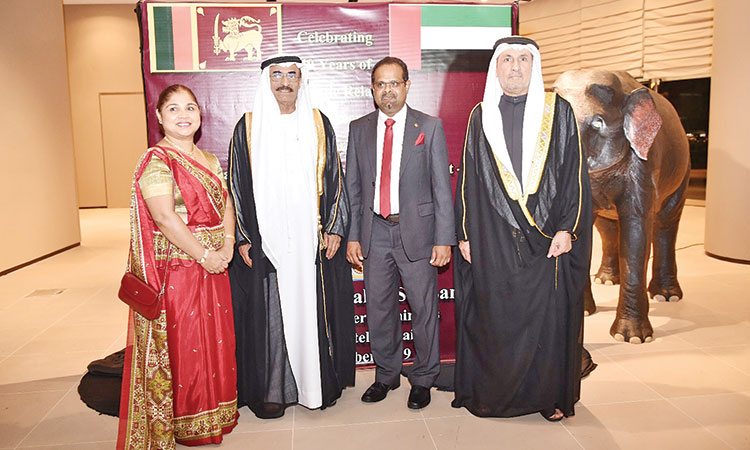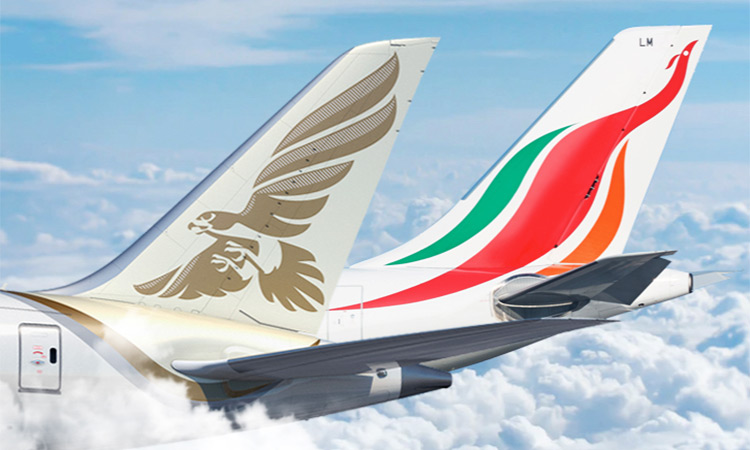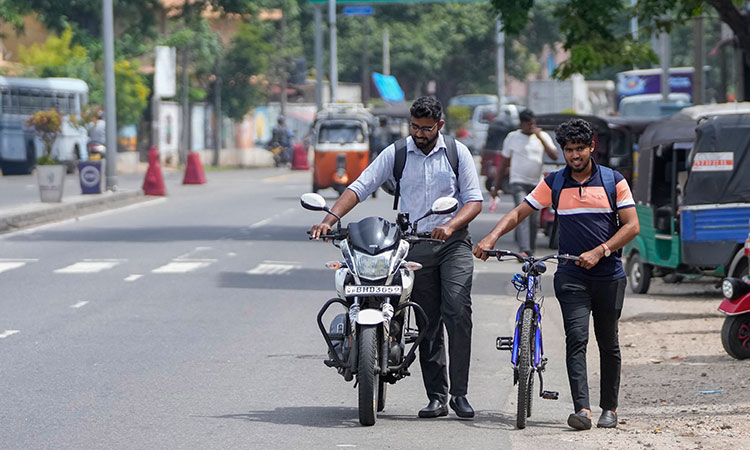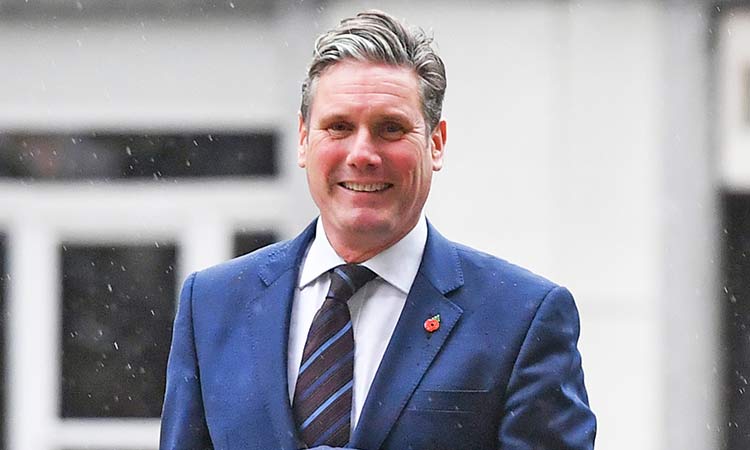Lankans choose Marxist president

Anura Kumara Dissanayake
Anura Kumara Dissanayake, leader of leftist Janatha Vimukthi Peramuna (JVP), a party that attempted insurrection twice and failed, and 80,000 of its cadre were killed, has won the presidential election with a decisive 42.3 per cent vote. The second in the race was Sajith Premadasa with 32.8 per cent vote. The incumbent Ranil Wickremesinghe managed to garner only 17.3 per cent of the vote.
This was a vote for radical change. People had poured out onto the streets of Colombo, the national capital, in 2022, and stormed the Presidential palace even as then president Gotabaya Rajapaksa was forced to flee the country. The country had hit the economic bottom. This is the first election after the people’s revolution, and the mood that reigned two years ago continued in this election. Former president Mahinda Rajapaksa, brother of Gotabaya Rajapaksa, Namal Rajapaksa got 2.6 per cent vote. On Sunday, when the election result was announced, people expressed their joy on the streets of the capital.
Dissanayake’s election seemed inevitable, and people in the government and abroad, were worried whether the Marxist-leaning leader would honour the agreement made by the previous government with the International Monetary Fund (IMF) for a $2.9 billion rescue package with the IMF’s stringent conditions attached.
Dissanayake had already said that he would respect the international agreements that the Sri Lankan government has made. Dissanayake’s political graph shows that he has moved from the far left position to that of a centrist, and he has placed his party too in the same ideological zone. He has sworn to protect democracy. The new president however faces a political hurdle. His party, the JVP, has just four seats in the 225-member parliament. The party led by Gotabaya Rajapaksa, and founded by his younger brother Basil Rajapaksa, the Sri Lanka Podujana Peramnuna (SLPP), has 145 seats in the parliament. Dissanayake has to work with a party opposed to his party. This could lead to political deadlock. Or, Dissanayake has to make political compromise.
Dissanayake’s election cannot be seen as an advantage for communist China, and that it would be difficult for the United States and India to manage. Dissanayake was invited by the Indian government to New Delhi for a visit before the election, as though anticipating his victory. It seems that Dissanayake has assured Sri Lanka’s big neighbour that he would not change his country’s friendly stance towards India. India has been extending aid, including a line of credit, when Sri Lanka was going through the economic crisis. And Sri Lankan authorities have acknowledged India’s gesture. India had also strongly supported Sri Lanka’s case in the IMF.
China, the other big neighbour of Sri Lanka in the region, is also the biggest creditor, and there is the strong suspicion that Sri Lanka is in a debt trap created by the Chinese. China does not think so, and Sri Lanka maintains an uncomfortable silence over the issue.
The new president, who does not belong to the Sri Lankan political establishment, has raised hopes of the people that he break the legacy of corruption that had developed over the years. And being an outsider, he should be able to create a fresh chapter in the history of Sri Lanka. Of course, the question is whether he would be able to grab the great opportunity that the people have given him to clean the system. It would not be an easy task because the vested interests are too entrenched in the system and they will resist radical change. Dissanayake has to show firmness and flexibility in handling the situation. He has to walk a tightrope between the old corrupt establishment on the one hand, and the aspirations of the people on the other.







